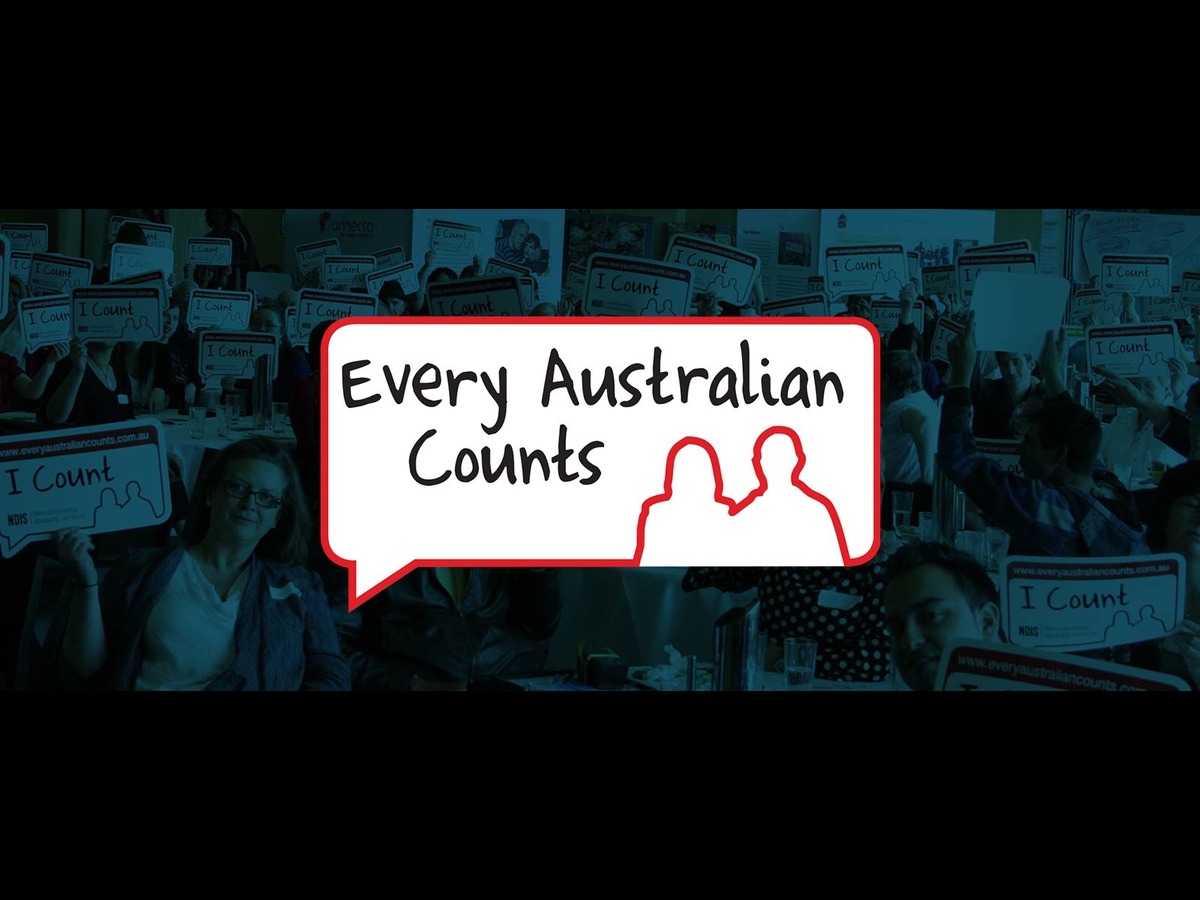Results from Every Australian Counts survey has revealed concerns about recommendations outlined in the NDIS Review.
A major worry related to having participants restricted to registered or enrolled providers with 68 per cent of participants disagreeing or strongly disagreeing and only 13 percent supporting the proposal, while 58 per cent of family members and nominees disagreed or strongly disagreed, with only 22% in favour. However, 44 per cent of NDIS providers supported it. Many respondents said if they were forced to using larger, NDIS registered providers, the cost of their supports would increase.
Another significant concern raised by NDIS participants was the proposal for compulsory registration, specifically – loss of choice and control over their support; registration and the NDIS commission being ineffective in keeping individuals safe from abuse; and increasing support costs and loss of access to support especially in regional and remote Australia, where there are minimal or no registered providers.
There was also strong opposition to housing and living recommendations, with only 14% of survey respondents supporting all the recommendations. There was also opposition to the recommended model proposing one support worker for every three participants, arguing that the changes contravene the core principles of choice, control and individualised support, elements that have been fundamental to the success of the scheme.
Participants also expressed concern that a shift to block funded navigators and foundational supports would impact on individual choice. People with disability and families valued their ability to choose their support coordinators, who have been instrumental in helping many to navigate complex disability and mainstream support services and consequently did not support any changes that would take this away.
Interestingly, there was very little support for keeping local area coordinators, with a high number of survey respondents stating that navigators would be a new name for LACs, and questioned what difference there would be. Also, that the recommendation for navigators in the NDIS Review was not well understood by survey respondents, who were seeking more information, such as: whether participants would be able to choose their navigator or “be lumped with someone such as it is for now for partner organisations”; why navigators have been recommended when LACs and support coordinators are already operating; and whether navigators would charge for services, in the way that the current system of support coordinators do. Some respondents were concerned the recommendation would put navigators at the centre of the NDIS, rather than people with disability.
There were 1373 people taking part in the survey, with 853 completing it; 71 per cent were NDIS participants or family members, 15 per cent were service providers and the remainder advocates or others.

